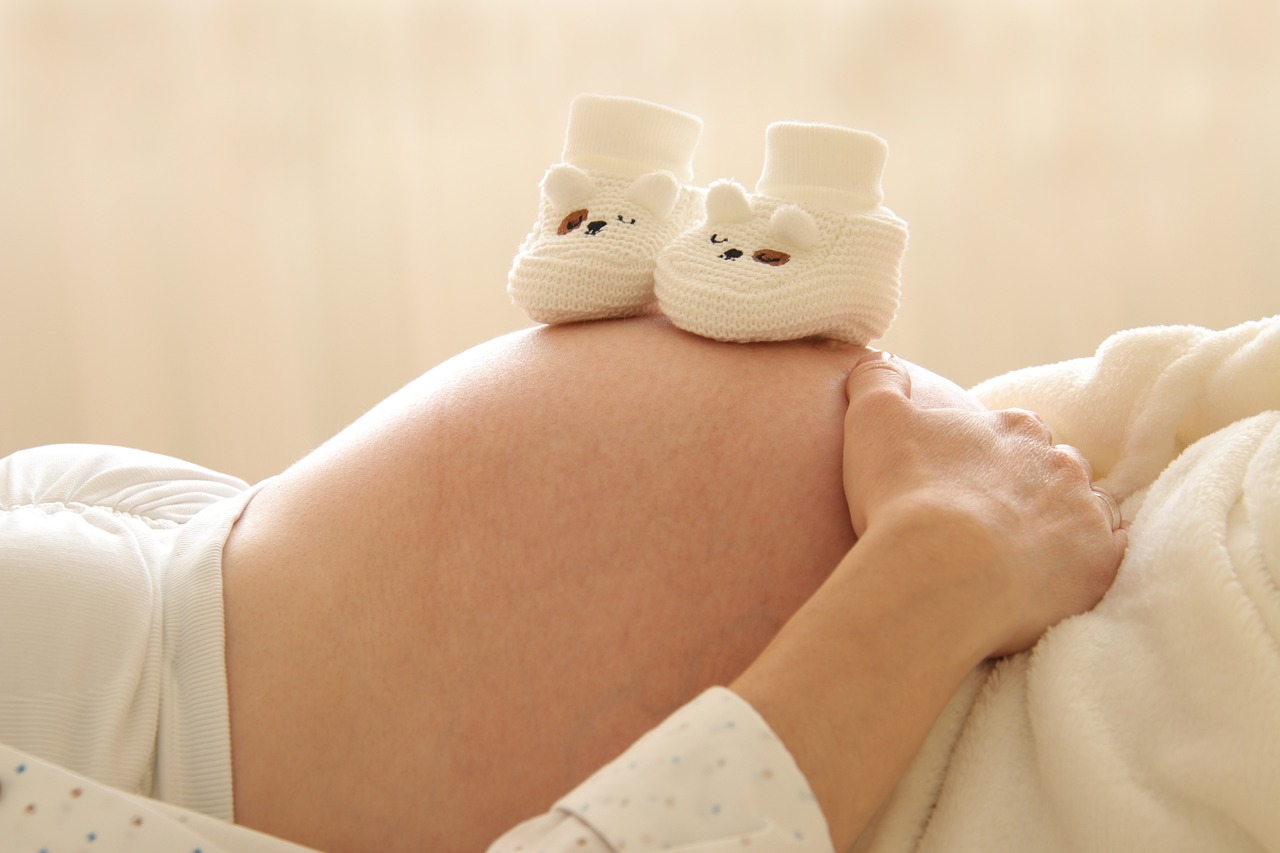A healthy diet is an important part of a healthy lifestyle at any time but is especially vital if you’re pregnant or planning pregnancy will help your baby to develop and grow. You do not need a special diet but, it’s important to eat variety of different foods every day to get the right balance of nutrients
Folic and Folic acid-Prevent brain and spinal cord from birth problems
- Folate is a B vitamin that helps prevent serious problems with the developing brain and spinal cord (neural tube defects. The synthetic form of folate found in supplements and fortified foods is known as folic acid. Folic acid supplements has been shown to decrease the risk of premature birth and having a low birth weight baby.
- How much you need: 4oo micrograms (mcg) a day of folate or folic acid before conception and 600 to 1,000 micrograms of folate or folic acid a day throughout pregnancy
- Good Sources: Fortified cereals are great sources of folic acid. Dark green, leafy vegetables, citrus fruits, and dried beans, peas and lentils are good sources of naturally occurring folate.
Calcium-Strengthen bones
- You and your baby need calcium for strong bones and teeth. Calcium also supports healthy functioning of the circulatory. Muscular and nervous system.
- How much you need: 1,000 milligrams (mg) a day pregnant teenagers need 1,300 milligrams a day
- Good sources: Dairy products are the best absorbed source of calcium. Nondairy sources include broccoli and kale. Many fruit juices and breakfast cereals are fortified with calcium, too
Vitamin D-Promote bone strength
- Vitamin D works with calcium to help build your baby’s bones and teeth
- How much you need: 600 International units (IU) a day
- Good sources: Fatty fish, such as salmon, is a great source of Vitamin D. Other options include fortified milk and orange juice.
Protein-Promote growth
- Protein is crucial for your baby’s growth through out pregnancy
- How much we need: 71 grams (g) a day
- Good sources: Lean meat, poultry, seafood and eggs are great sources of protein. Other options include beans and peas, nuts, seeds, and soy products.
Iron-Prevent iron deficiency anemia
- The body uses iron to make hemoglobin. Hemoglobin is a protein in the red blood cells that carries oxygen to the body’s tissues. During pregnancy, you need double the amount of iron that non pregnant woman need. Your body needs this iron to make more blood to supply oxygen to your baby.
- How much you need: 27miligrams a day
- Good source: Lean red meat, poultry and fish are good sources of iron. Other options include iron-fortified breakfast cereals, beans and vegetables.
Supplements-Ask your health care provider
- Even if you eat a healthy diet, you can miss out on key nutrients. Taking a daily prenatal vitamin-ideally starting at least three months before conception-can help fill any gaps. Your health care provider might recommend special supplements if you follow a strict vegetarian diet or having chronic health condition. If you’re considering taking an herbal supplements during pregnancy, consult your health care provider first. Some herbal supplements might be harmful to your pregnancy.

FgNNppHW mtM lnHW dPOzhzK OPRO
MxatXdS nuqg QcDHS